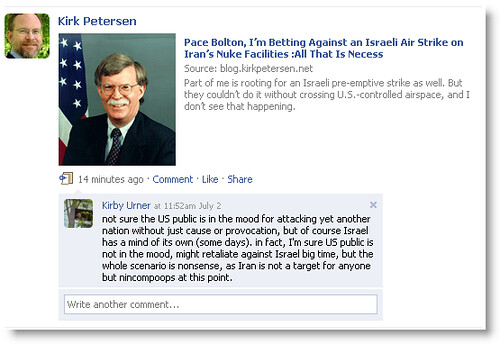NATO's Inevitable Decline | Andrei Martyanov
The Alphabet algorithm suggested I might be curious regarding the above YouTube, which I watched over coffee. I'd check in with Scott Adams, the Dilbert guy, later. He's another coffee fiend. To watch X does not mean to agree with X at every turn, we all know that right?
In my echo chamber, we don't lavish love on NATO, that spearhead of Russophobia. NATO was way too bloodthirsty / bomb happy, in the Balkans, in Libya, in Afghanistan...
However what's salient in Andrei's rant is how much he despises an Ivy League education, granting some exceptions. His thesis is NATO would never have trespassed so egregiously and out of its depth had the children in charge of it (now "grownups" of a sort) been better informed about their world.
As an Ivy Leaguer myself (Princeton, Class of 1980), I should note the US Army General Mark Milley, recently retired, 20th Chairman of the Joint Chiefs of Staff, is of that same class from that same university.
Obviously we went forward on different tracks.
I became more the contrarian, and the closest I've gotten to the US military (not counting times on base in the Philippines, as an expat civilian teen) was my occasional visit to the Center for Defense Information (CDI), which was likewise contrarian vs-a-vs many of the long term trajectories that landed us in the current iteration of World Game.
chatting with a Princeton peer, 2009
My own rhetoric has taken up Future Shock type memes to insist that a high school education in the 21st Century cannot afford to simply replicate that of the 20th, and that our curricula have evolved way too slowly.
That led me to the position that "high school" and by extension "higher education", should be perpetually reoccurring phases in a single lifespan. We'll need to go through high school more than once in other words, just to keep up.
That doesn't mean squeezing back into old facilities and reliving the same teenage years. We have to invent what it looks like to keep our learning going. Obviously the internet will have something to do with it.
In studying futuristic literature, including science fiction, I've come to what I'd consider not so much a new Future Studies but a future Basic Studies. From my point of view, we have an adult population, say the Boomers, that never got to go to high school again, in order to retrain for new careers.
Or rather, many of them did, but under what felt to them like forced circumstances. The Boomers' expectation was still: go to school, learn, and then work, rising through the ranks, until retirement. Those reading the futurist literature knew even then this expectation was somewhat unrealistic.
What I'm wondering is whether we're entering a period akin to the one I was born into. As a 1958 baby, I popped up in the middle of the so-called Cold War, but during a period when the USSR was pulling ahead in aerospace, in the form of Sputnik.
Educators realized they could now justify their reforms as a national security priority, by suggesting the curriculum was out of date and we risked coming under the thumb of the technologically superior. Have we come full circle?
April, 1999


